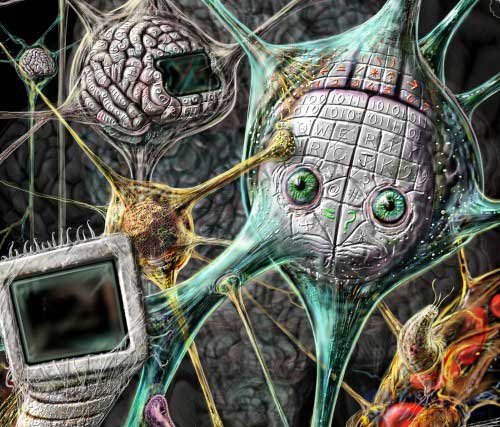Lecture
Although the majority of computer science specialists stopped research in the field of neural networks in the late 1970s, work in this area was continued by specialists from other scientific fields. Physicists such as John Hopfield used statistical mechanics methods to analyze data storage properties and optimize networks, considering node collections as atomic collections.
Psychologists, including David Rumelhart and Jeff Hinton, continued to explore memory models based on neural networks . The real breakthrough came in the mid-1980s, when at least four different groups again discovered the backward propagation learning algorithm, first proposed in 1969 by Bryson and Ho. This algorithm was used to solve many of the problems of training in computer science and psychology, and after the publication of the results of its use in the collection of articles Parallel Distributed Processing, everyone was attracted by the fact how diverse the areas of its application turned out to be.
These so-called connectionist ( connection- based) models of intelligent systems were seen by many as directly competing with the symbolic models being developed by Newell and Simon, and with the logistic approach proposed by McCarthy and others.
Apparently, one should not deny that at some level of thinking, people manipulate symbols; and indeed, in the book of Terrence Deacon, The
Symbolic Species states that the ability to manipulate symbols is the defining characteristic of a person, but the most ardent supporters of connectionism questioned that, based on the manipulation of symbols, it is really possible to fully explain some cognitive processes in detailed knowledge models.
The question remains open, but a modern view on this problem is that the connectionist and symbolic approaches are complementary, not competing.
 |
Comments
To leave a comment
Models and research methods
Terms: Models and research methods